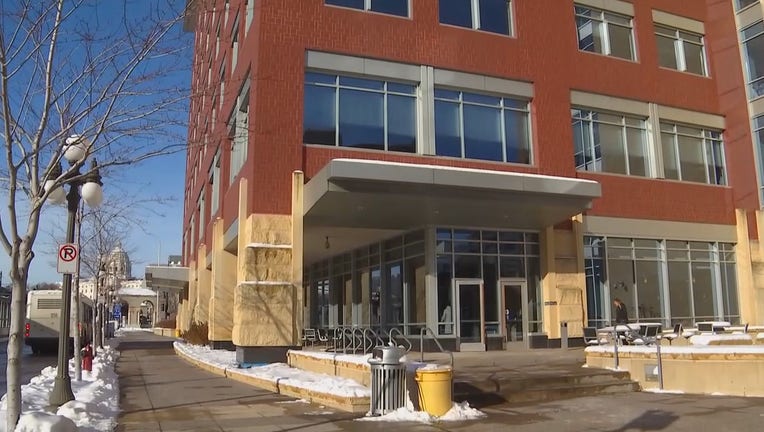Minnesota DHS will miss $76 million in federal funds over data issue

Minnesota Department of Human Services.
ST. PAUL, Minn. (FOX 9) - Minnesota will lose out on $76 million in federal reimbursements over the next four years because of data reporting issues that state Department of Human Services officials say they're trying to correct.
The $76 million figure, which comes from a DHS estimate, was first documented in a state budget forecast last week. Agency officials say they do not have enough demographic data for an estimated 5 percent of recipients in the federal Basic Health Program, which helps provide health care to low-income people.

Minnesota DHS will miss $76 million in federal funds over data issue
The state will lose out on $76 million in federal reimbursements over the next four years because of previously uncovered data reporting issues DHS is now trying to correct.
Because of that lack of data, the federal government will not reimburse the state for services to those recipients, DHS officials say. The issue goes back to 2015.
"Right now we’ve got it down to 5 percent. Our hope is to get it down much lower than that," Dave Greeman, the department's budget director, told lawmakers during a Senate committee hearing Tuesday.
When FOX 9 asked a department spokeswoman what was being done to fix the errors, the spokeswoman, Jeanine Nistler, said, "Two projects are underway to improve the interface of information." She did not provide further details.
We continue to work to optimize the flow of data between these systems and the granular reporting that is required to maximize federal reimbursement," Nistler said in an email.
The issue is the latest DHS error to surface this year, leaving state lawmakers and agency officials scrambling for answers.
"When are we going to fix this?" asked state Sen. Carla Nelson, R-Rochester. Nelson said Minnesota missing out on the federal money was a "big thing."
Last week, DHS Commissioner Jodi Harpstead outlined $106 million in payment errors -- separate from the Basic Health Program data issue -- that the state is largely responsible for repaying the federal government.
The errors include about $70 million in wrongful payments to behavioral health providers and $29 million in overpayments to two Native American tribes for opioid treatment.
The state's top watchdog, the Office of Legislative Auditor, has referred to DHS as "dysfunctional."
The same state budget forecast that revealed the BHP data issue also said Minnesota expects to receive $29 million from the two tribes and $8.8 million from counties. Under state law, counties and tribes are responsible for repayment, even though the errors stemmed from DHS, not them.
But the tribes -- and some counties -- have said they won't repay the state for DHS's mistakes and don't have the money to do so.
"I’m just bringing a message to you from Anoka County. They're not paying," state Sen. Jim Abeler, R-Anoka and chairman of the Senate Human Services committee, told Harpstead. "They wanted me to let you know that. So the real question is, which taxpayer is going to pay?"
Gov. Tim Walz has said lawmakers should consider covering the tribes' cost. But in response to Walz's comments, Republican legislative leaders said they did not want to bail out DHS for mismanagement at the agency.
Harpstead said DHS officials want to work with the tribes, counties and state lawmakers on a solution.
"We’ll need to talk about how we solve these problems together," she said. "We have two enormous issues in front of us and we’re going to need a way to solve them."

